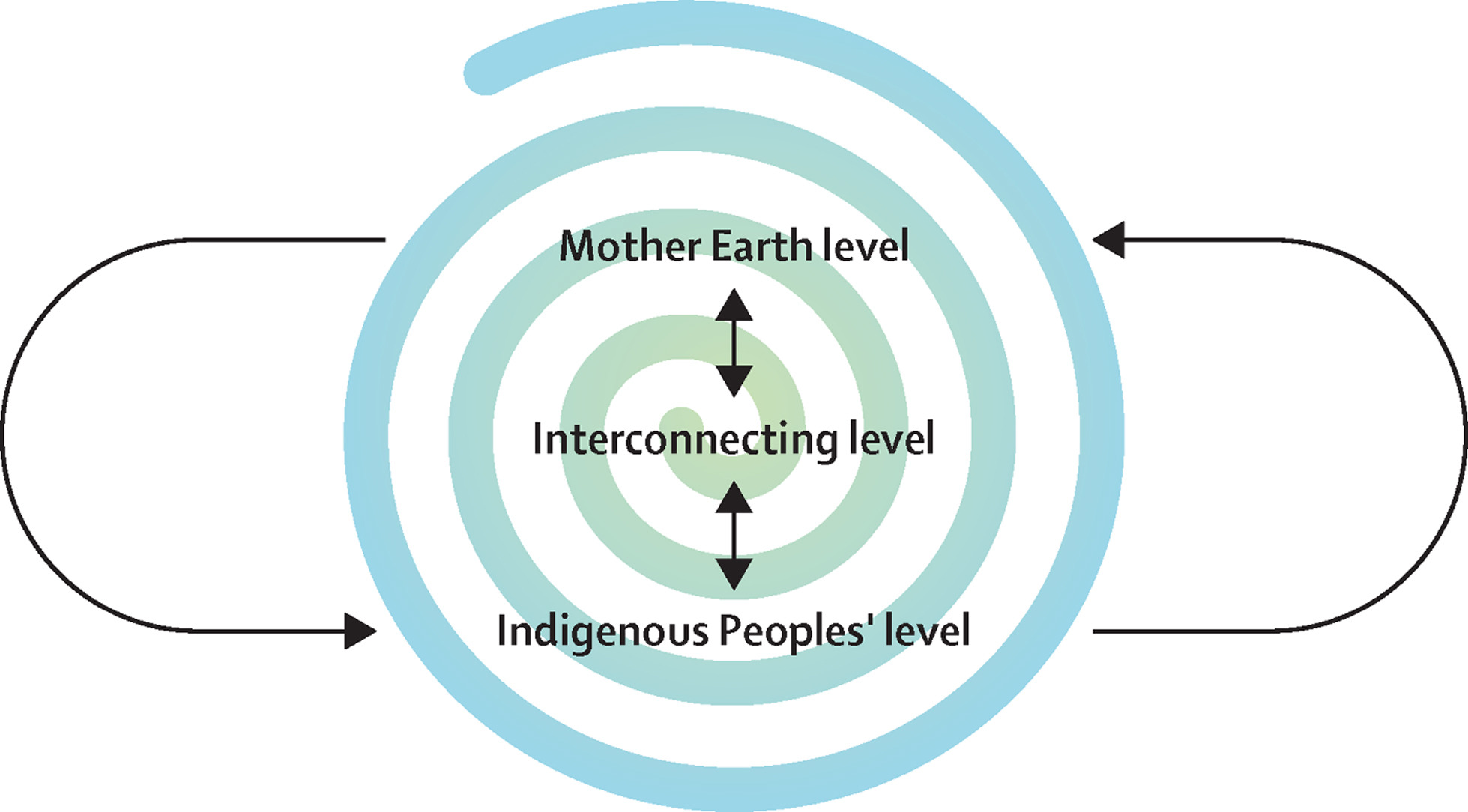Elsevier,
The Lancet Planetary Health, Volume 6, February 2022
A Personal View on the determinants of planetary health from the perspective of Indigenous peoples, in the context of SDGs 15 and 17, focusing specifically on identifying determinants that are integral to the health and sustainability of the planet.
Elsevier,
Forest Ecology and Management, Volume 506, 15 February 2022
This paper examines a Native Hawaiian led effort to redress the removal of Indigenous Peoples from ancestral lands. This demonstration provides an important example of how biocultural strategies can achieve landscape restoration in Hawaiʻi. We outline how the Pu‘uwa‘awa‘a Community-Based Subsistence Forest Area is approaching common dryland restoration goals.
Elsevier,
The Lancet, Volume 399, 12 February 2022
A Comment on improving the health of Artic Indigenous peoples, in the contexts of SDGs 3, 10, and 15, focusing specifically on the launch of a Lancet Commission that aims to present recommendations for addressing health disparities and key challenges in this community and to identify pathways for change.
In this paper, the authors assess the impact of degrading air quality on modal shares and equivalent CO2 emissions per capita per trip for ten global cities using a scenario-based approach.
Elsevier, Transportation Research Part A: Policy and Practice, Volume 156, February 2022
Much research has been devoted to assessing the effect of commute duration on the subjective well-being of people, but as of yet, the respective body or research has been inconclusive as to whether there is indeed a (large) negative effect or not. To control the spread of COVID-19 governments around the world have taken unprecedented measures to control the outbreak of the Corona-virus. Forcing or strongly advising people to work from home (i.e. at least those who can) is often one of these.
Elsevier, Translational Oncology, Volume 16, February 2022
Advocacy engagement has been at the forefront of National Cancer Institute (NCI) efforts to advance scientific discoveries and transform medical interventions. Nonetheless, the journey for advocates has been uneven. Case in Point: NCI publication affiliation rules of engagement pose unique equity challenges while raising questions about structural representation in biomedical research.
Elsevier, Studies in History and Philosophy of Science, Volume 91, February 2022
Double standards are widespread throughout biomedicine, especially in research on reproductive health. One of the clearest cases of double standards involves the feminine gendering of reproductive responsibility for contraception and the continued lack of highly effective, reversible methods for cisgender men. While the biomedical establishment accepts diversity and inclusion as important social values for clinical trials, their continued use of inequitable standards undermines their ability to challenge unfair social hierarchies by developing male contraception.


